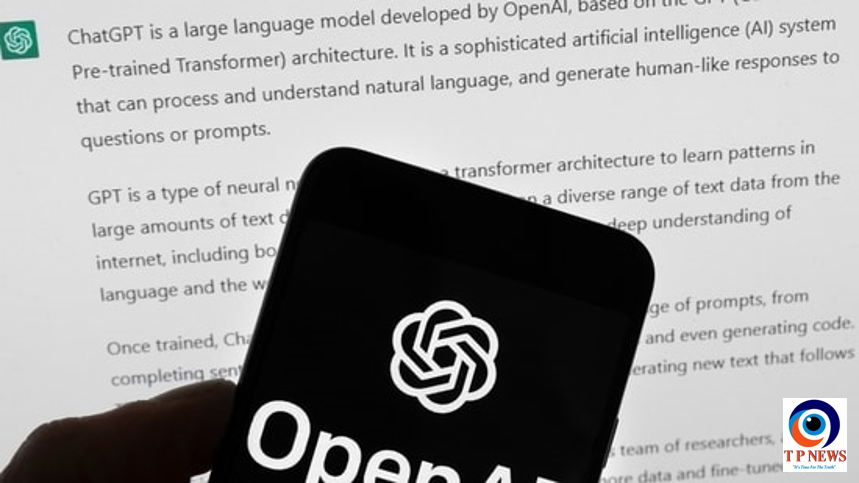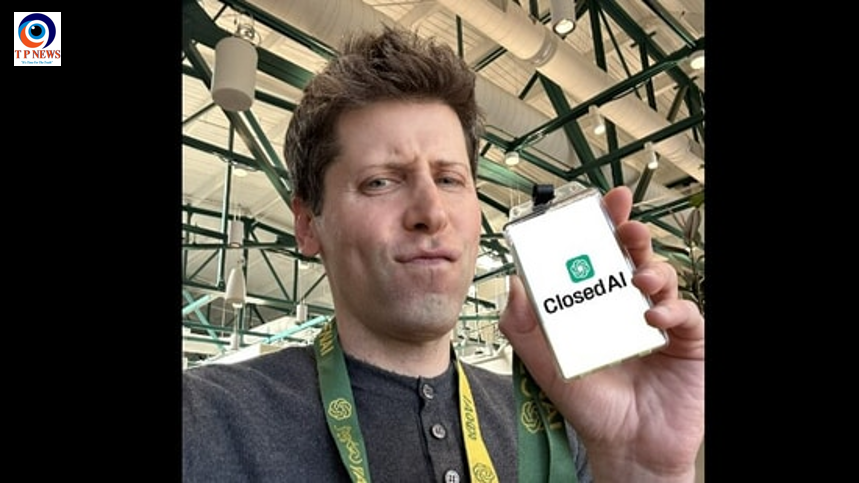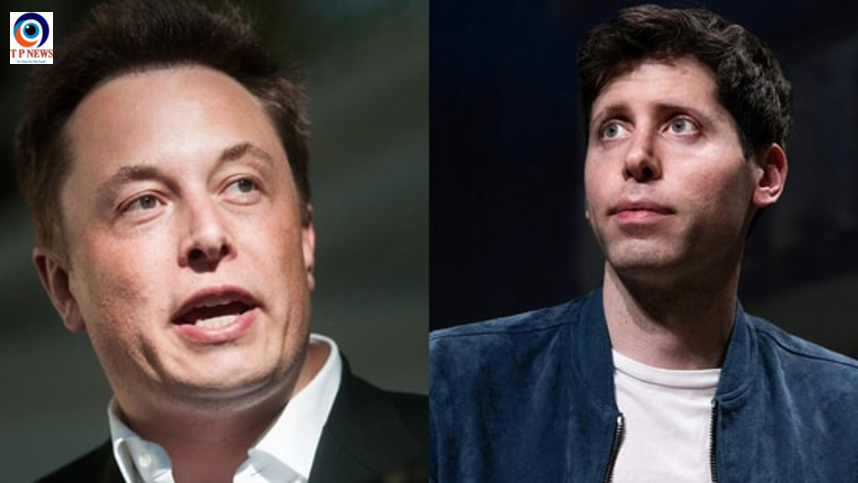The long-standing feud between Elon Musk and Sam Altman has reached new heights, with Musk making an unsolicited $97.4 billion bid to reclaim control of OpenAI, the artificial intelligence company he co-founded but later parted ways with. The offer, however, was met with mockery from Altman, triggering an explosive war of words between the two tech titans.
The Offer That Sparked a Firestorm
Musk, who has been openly critical of OpenAI’s direction under Altman, proposed a massive buyout of the nonprofit entity that oversees the company. His stated goal? To restore OpenAI to being the “open-source, safety-focused force for good it once was.”
But Altman wasn’t impressed. Taking to X (formerly Twitter)—the very platform Musk owns—Altman sarcastically responded:
“No thank you, but we will buy Twitter for $9.74 billion if you want.”
The remark was an obvious jab at Musk’s $44 billion takeover of Twitter in 2022, which later saw the company’s valuation plummet.
Musk, never one to back down from a public spat, fired back instantly. Replying to Altman’s post, he called him a “Swindler” and followed it up with a video captioned “Scam Altman.”
And just like that, the AI power struggle turned personal.
Musk vs. Altman: A Feud Years in the Making
The Musk-Altman rivalry isn’t new. The tension between them dates back to OpenAI’s formative years, when Musk was part of the founding team that envisioned AI as a tool for humanity’s benefit. However, as OpenAI evolved into a for-profit entity with deep ties to Microsoft, Musk became one of its most vocal critics.
Key Flashpoints in the Feud:
🔹 2023: Musk launches xAI to compete with OpenAI’s ChatGPT, challenging Altman’s dominance in the AI race.
🔹 2024: Musk sues OpenAI, accusing it of abandoning its nonprofit mission and becoming a Microsoft-controlled enterprise.
🔹 2025: AI meets politics as Altman joins forces with former U.S. President Donald Trump to launch Stargate, a $500 billion AI initiative. Musk, unconvinced by the project’s legitimacy, dismisses it as a financial black hole.
What was once a battle over AI ethics has now transformed into a full-scale war for control over the future of artificial intelligence—with personal attacks fueling the fire.
What’s Next?
Musk’s bid for OpenAI is unlikely to succeed without serious resistance. Altman, backed by Microsoft and a network of AI investors, has little incentive to give up control. But Musk’s ambitions don’t end here—his xAI initiative, powered by the supercomputer Grok, is steadily positioning itself as a formidable alternative.
With ego, power, and billions of dollars at stake, the Musk-Altman feud is far from over. This battle isn’t just about AI—it’s about who gets to shape its future. And in the high-stakes world of artificial intelligence, there can only be one king.










